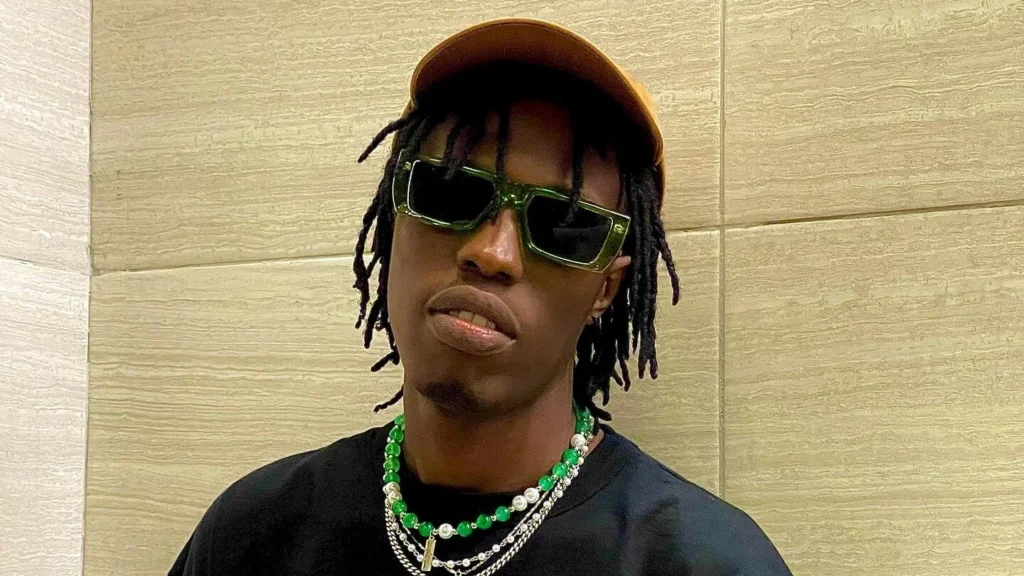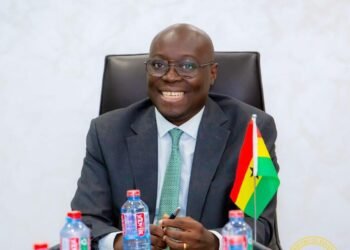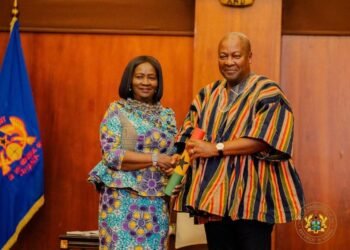Art has always been a mirror reflecting the complexities of human experience, capturing emotions, ideas, and narratives that shape our understanding of the world.
However, pursuing artistic endeavors often faces significant financial hurdles, which stifles creativity and limits opportunities for artists to thrive. In this context, the establishment of grant initiatives for artists emerges as a vital solution.
Such initiatives provide the necessary financial support for artists to create and innovate, and contribute to society’s broader cultural and economic fabric.
Ghanaian musician, J. Derobie, has called on investors and stakeholders in the music industry to direct their support toward initiatives that empower upcoming artists, just as Mr Eazi’s Empawa initiative once did for him and many others.
The ‘Poverty’ hitmaker talked about his time with Empawa and said it was a life-changing chance that helped him grow in his music career.
“It [Empawa] was a very great initiative, and I think we need people to do more of that in the industry to help emerging artists because there are a lot of talents in Ghana.”
J. Derobie
J. Derobie explained that while talent is important, financial support plays a crucial role in the success of many young artists. “We really need more of such programmes to happen, but with grants, like grants for artists and all that,” he stated.

The financial landscape for artists is daunting. Many artists struggle to secure a stable income, relying on precarious gigs, sales of their work, or personal savings to fund their creative projects.
According to a report from the National Endowment for the Arts, artists often experience higher unemployment rates and underemployment than other professions.
This economic instability leads to a decline in artistic output and innovation, ultimately depriving society of diverse creative expressions. By providing grants, it alleviates this financial burden, allowing artists to focus on their craft without the constant stress of economic insecurity.
Grant initiatives for artists play a crucial role in promoting cultural diversity. They provide opportunities for underrepresented voices to be heard and supported, fostering a more inclusive artistic landscape.
For instance, grants specifically aimed at marginalized communities enable artists from diverse backgrounds to share their unique perspectives and experiences.
This not only enriches the cultural tapestry of society but also encourages dialogue and understanding among different communities. By investing in artists through grants, we promote a culture that values and celebrates diversity, ultimately leading to a more cohesive and empathetic society.
Innovation, Economic Growth of Grant Initiatives

Investing in the arts through grant initiatives is not merely an act of charity; it is a strategic economic decision. The arts contribute significantly to the economy, generating billions in revenue and creating millions of jobs.
A report by the Bureau of Economic Analysis indicates that the arts and culture sector accounted for 4.5% of the U.S. GDP in 2019. By funding artists, it stimulates innovation, as creative individuals often drive new ideas and trends that lead to the development of new industries.
Moreover, thriving arts sectors attract tourism and enhance community engagement, further boosting local economies. Thus, granting financial support to artists is an investment in the economic vitality of our communities.
The need for grant initiatives for artists is more pressing than ever. As we navigate the complexities of the modern world, we must recognize the invaluable contributions that artists make to our society.
By providing financial support through grants, we not only empower individual creators but also enrich our cultural landscape and stimulate economic growth.
Governments, organizations, and communities must advocate for and implement these initiatives, ensuring that the arts continue to thrive and inspire future generations.
Investing in artists is investing in the very essence of humanity— creativity, diversity, and a collective future.
READ ALSO: Ghana’s Foreign Minister Pursues Sweeping Reforms to Reset Diplomatic Missions




















